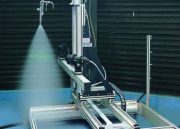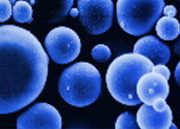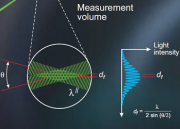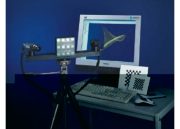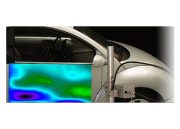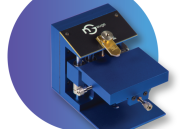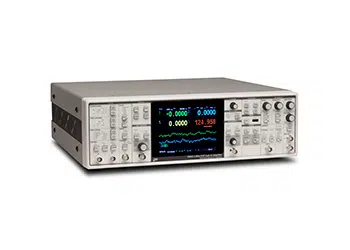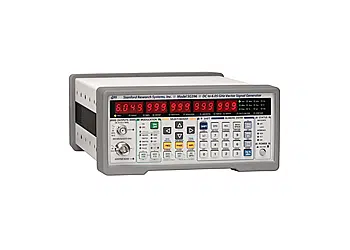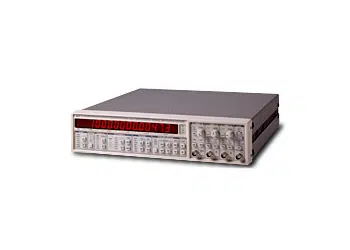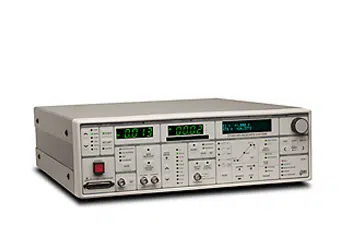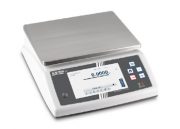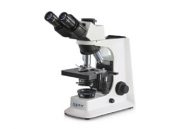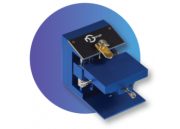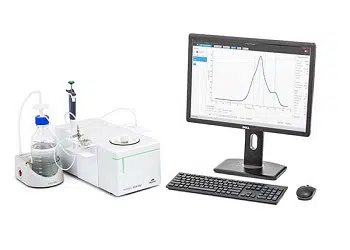MicroCal PEAQ-DSC
MicroCal PEAQ-DSC
Differential Scanning Calorimetry
Differential scanning calorimetry (DSC) is a fundamental analytical technique for characterizing the thermal stability of proteins and other biomolecules. DSC measures the enthalpy (ΔH) and melting temperature (Tm) of thermally induced structural transitions of molecules in solution.
The data is used in academic and biopharmaceutical research, development and quality control:
- to assess the stability of biomolecules, and thus predict the shelf life of biopharmaceuticals.
- for protein engineering, to enable batch-to-batch or biosimilar/innovator comparisons.
- for (pre)formulation development, process development, to improve purification strategies and manufacturing conditions.
- for production control and product release
- to rank the affinities of ligands to their protein targets in small molecule drug discovery programs
MicroCal PEAQ-DSC
The MicroCal PEAQ-DSC system enables highly sensitive and user-friendly characterization of the thermal stability of proteins and other biomolecules. This information provides valuable insights into all factors that have a stabilizing or destabilizing effect on proteins, nucleic acids, micelles and other macromolecular systems.
The MicroCal PEAQ-DSC is operated manually with a semi-automatic cleaning device.
It is easy to use, requires little SOP development and helps to reduce the time and cost associated with stability testing and comparability analyses.
The samples are free in solution; DSC does not require labeling or immobilization.
To improve sample throughput the manual PEAQ-DSC can be upgraded to the MicroCal PEAQ-DSC Automated.
The integrated software streamlines workflows, facilitates objective data analysis, performance qualification, and compliance with 21 CFR Part 11 and Annex 11 regulations, all delivering high integrity data and driving productivity in biopharmaceutical research
Key applications
Protein Characterization
MicroCal PEAQ-DSC is a fundamental tool for characterizing proteins. Key questions such as;
- Is my protein folded?
- In what conditions is my protein stable?
- Is the protein multi domain?
- Does my protein bind a ligand or cofactor?
can all be answered in simple DSC experiments.
Liposomes
Liposomes are used as model membrane systems and as potential drug delivery systems. ‘Structure Activity Relationships’ (SAR) of membrane components and drug uptake into liposomes can be investigated monitoring shifts in the phase transition temperatures and enthalpies measured by DSC. Indeed, any material that forms micelles or other macromolecular structures can be studied using the technique.
Sie sehen gerade einen Platzhalterinhalt von Google Maps. Um auf den eigentlichen Inhalt zuzugreifen, klicken Sie auf die Schaltfläche unten. Bitte beachten Sie, dass dabei Daten an Drittanbieter weitergegeben werden.
Mehr InformationenSie sehen gerade einen Platzhalterinhalt von Facebook. Um auf den eigentlichen Inhalt zuzugreifen, klicken Sie auf die Schaltfläche unten. Bitte beachten Sie, dass dabei Daten an Drittanbieter weitergegeben werden.
Mehr Informationen


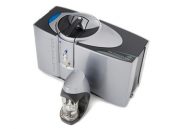

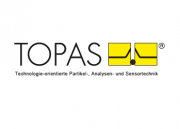
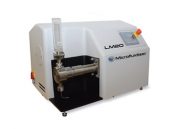
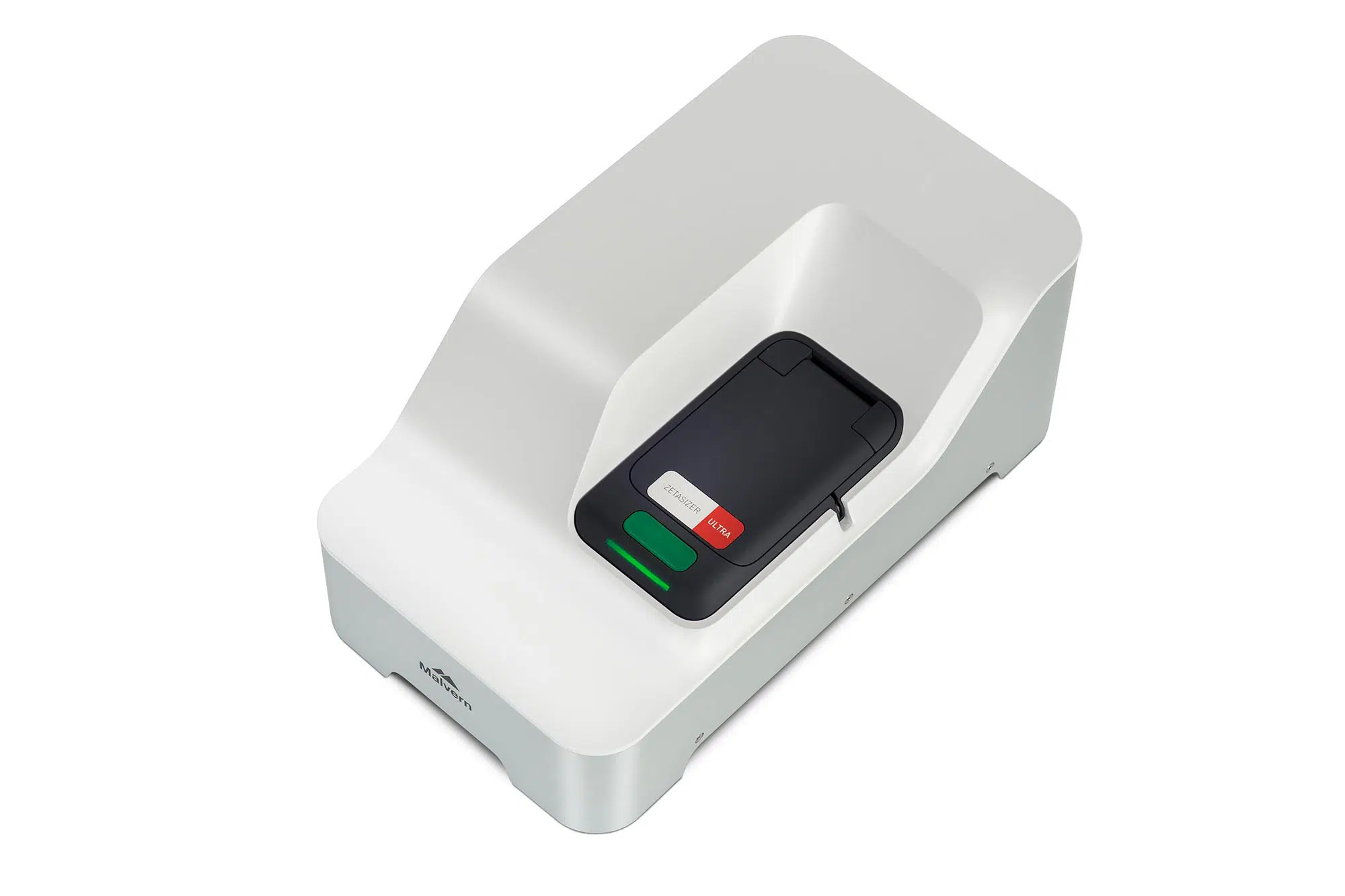
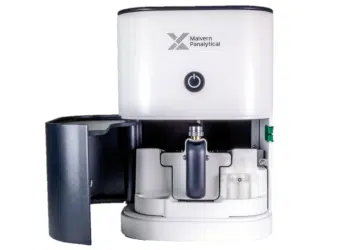



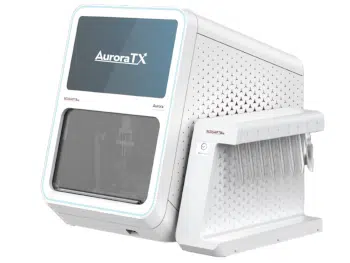
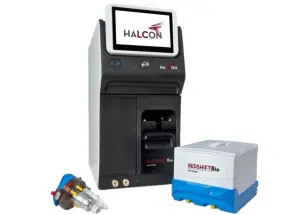
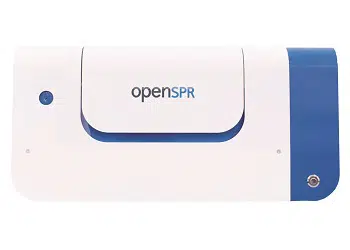
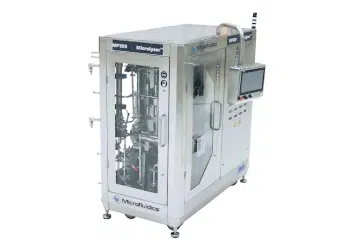
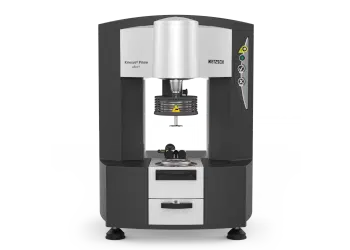
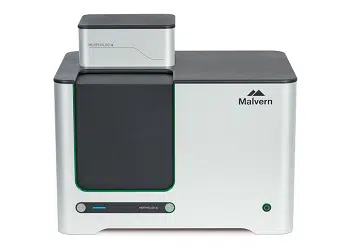
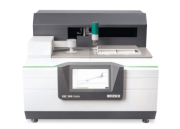






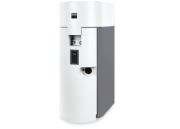


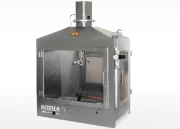
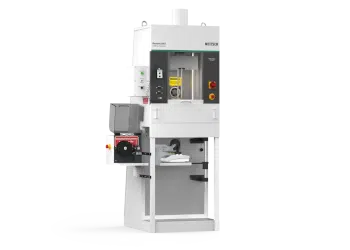
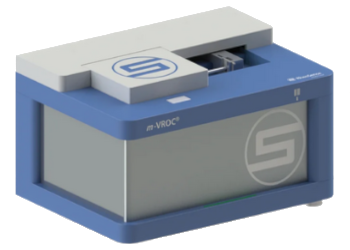


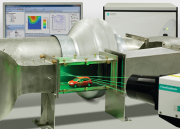
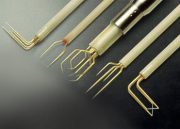
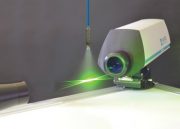
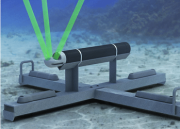
![[:de]kategorie_stroemung_staudruck[:en]kategorie_stroemung_staudruck2[:] [:de]kategorie_stroemung_staudruck[:en]kategorie_stroemung_staudruck2[:]](https://www.prager-elektronik.at/wp-content/uploads/2018/01/kategorie_stroemung_staudruck2-180x129.png)
